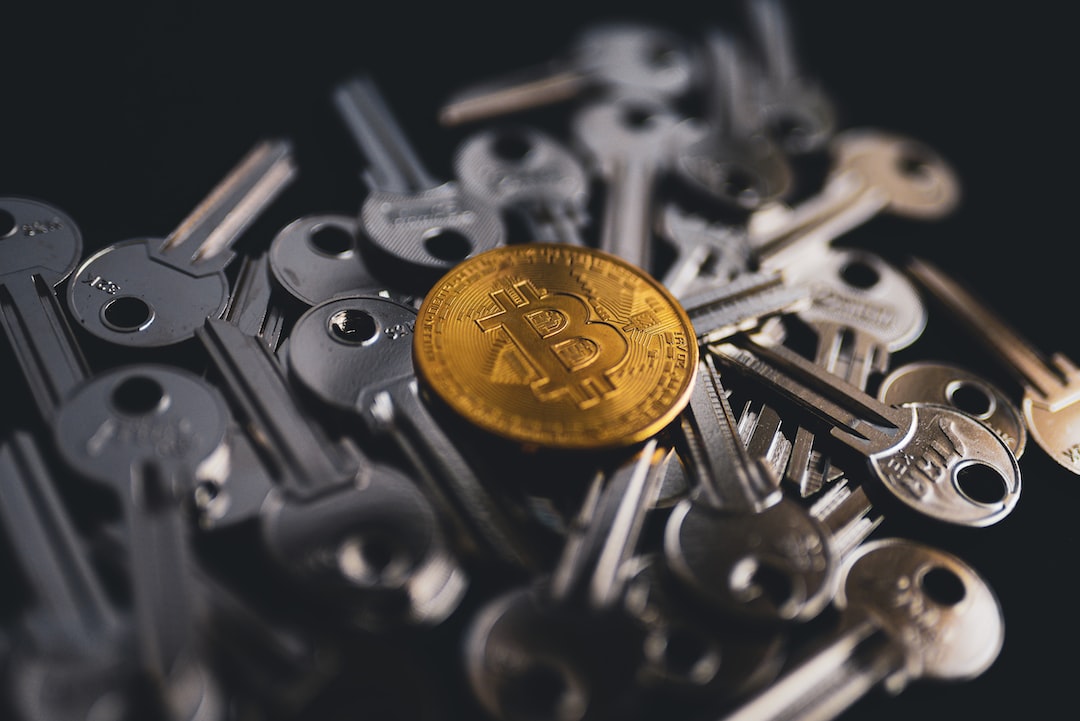Sam Bankman-Fried Receives Privileges for Reviewing Discovery Materials
The United States Department of Justice has provided Sam Bankman-Fried, the co-founder of the defunct FTX crypto exchange, with sufficient time and resources to review the discovery materials for the case against him. This allows him to prepare for his upcoming trial in early October, where he faces fraud-related offenses. Following a guilty verdict for evidence tampering, Bankman-Fried has been ordered to await trial behind bars.
Access to an Air-Gapped Laptop at the Metropolitan Detention Center
In response to Judge Lewis Kaplan’s order, the US Department of Justice has reported on the status of Sam Bankman-Fried at the Metropolitan Detention Center (MDC). According to prosecutors, Bankman-Fried has access to an air-gapped laptop in the legal visiting room during specific hours on weekdays and weekends. This laptop allows him to review electronic discovery materials. The DOJ also stated that there have been no issues with the laptop’s functionality. The MDC has approved the use of a second air-gapped laptop for Bankman-Fried, which will be kept near his housing unit for convenience.
Internet Speed and SBF’s Legal Team’s Objections
Three internet speed tests conducted in the cell block area where Bankman-Fried uses the internet revealed a download transfer rate of 34 Mbps in the morning and early afternoon. In the late afternoon, the download transfer rate was reported to be 7.5 Mbps, which is still considered sufficient for most internet review activities. However, Bankman-Fried’s legal team expressed dissatisfaction with the current arrangement, citing an incident where he was deprived of 4.5 hours of work time due to MDC staff instructions. The lawyers argued that this hinders their client’s ability to prepare his defense effectively and requested his temporary release from detention.
Hot Take
The privileges granted to Sam Bankman-Fried for reviewing discovery materials and the ongoing debate over his access to technology highlight the complexities of ensuring a fair trial in the digital age. While providing necessary resources for preparation is crucial, striking a balance between security and a defendant’s rights remains a challenge. The outcome of this case could potentially shape future guidelines for technological access in legal proceedings within the crypto space.





 By
By
 By
By
 By
By
 By
By
 By
By
 By
By